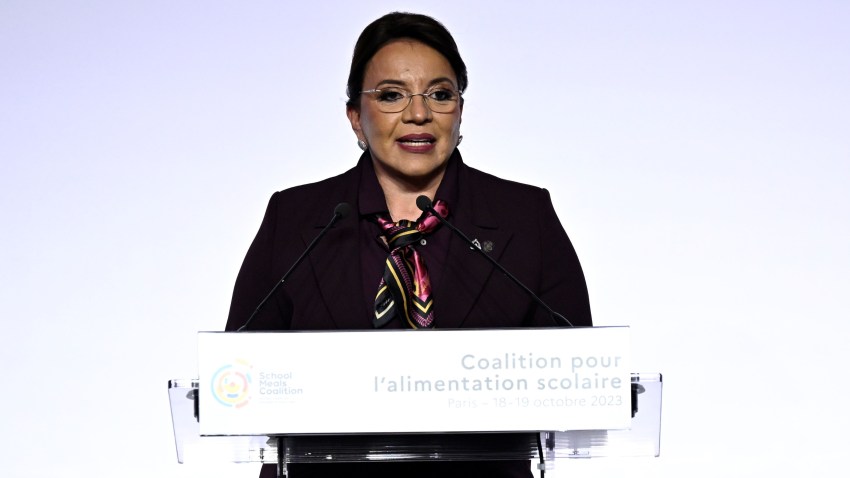With Central America facing numerous crises, it could be easy to overlook a small legislative scuffle in Honduras. However, the institutional maneuverings there in recent weeks are a great example of the sorts of questionable power grabs that degrade democracy and undermine anti-corruption efforts around the region.
The Honduran Congress was supposed to have selected a new attorney general before the end of August, but its leaders could not pull together the 86-vote supermajority the Constitution requires to do so. With the office still vacant on Oct. 31, the body’s final working day of the year, President of the Congress Luis Redondo named eight members of his and President Xiomara Castro’s ruling Libre Party to a nine-member commission that then selected Johel Zelaya as interim attorney general and Mario Morazan as his deputy. Both men also belong to the Libre Party, despite a prohibition on party affiliation for the post, which is supposed to be apolitical.
Libre, officially known as the Liberty and Refoundation Party, only holds 49 seats in the 128-member Congress, and its control of the congressional presidency is already controversial. In the month after Castro took office in January 2022, a fight over the presidency of the Congress split the party and briefly left the legislative body with two leaders who both claimed authority. The various sides managed to avoid a constitutional crisis as opponents to Redondo backed down, but his legitimacy as president of Congress is weak.

